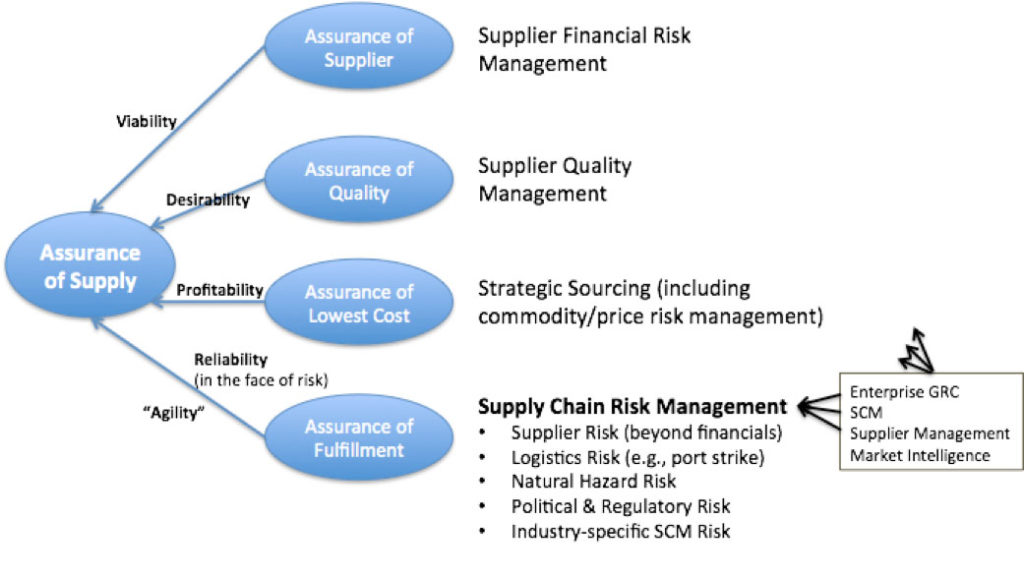
- Are Women In Procurement Still Earning Less Than Men? It Seems So
A female CPO, for example, can expect to earn around 94% of a male colleague’s salary. For regional category managers, women have been found to earn only 69% of a man’s wage.
This tends to get compounded by the ‘glass-ceiling effect’, in which women find it difficult to break through into the higher levels of an organisation. Only 14% of our CPO sample last year were women.
- 7 Ways to Politely Shut Down a Conversation
This one is my favorite…5. The ‘pass off.’
When you are trapped in a rambling conversation, pull in another person to join you if possible. Introduce the topic to the new person, and once the other two get a conversation going, politely excuse yourself and don’t look back. - DOD in ‘knife fight’ over supply chain, security chief says
Department of Defense (DOD) officials increasingly view the Pentagon’s supply chain as a key vulnerability within the defense enterprise, with bad actors seeking to affect systems and steal innovative technologies. This risk extends beyond prime contractors, which have extensive resources to invest in security to medium and small contractors, which in turn may not have those resources.
The Pentagon’s emphasis on affordability often pushes suppliers to use commercial off-the-shelf (COTS) items, said Frank Kendall, the DOD’s undersecretary for acquisition, technology and logistics.
“All of this presents an opportunity for somebody with a nefarious purpose to get at our products,” Kendall said. “The thing that makes me most nervous is a high-end adversary who finds a way to hide something in our weapons systems and lets it sit there until it can be activated at the worst possible time.”
https://about.bgov.com/blog/dod-knife-fight-supply-chain-security-chief-says/
- Hang in there (from Seth Godin)
Showing up day after day, week after week, sometimes for years, as your movement slowly gains steam, as your organization hits speed bumps, as the news goes from bad to worse…
Showing up, it turns out, is the hardest part of making a difference.
Make a list of the organizations and voices and movements that have made a difference. How old are they? How long have they been at it?
Creating impact, building something of substance, changing the culture… this is the work of a lifetime, not merely a fun project.
http://sethgodin.typepad.com/seths_blog/2016/11/hang-in-there.html

- Amazon’s logistics venture has yet to make up for costs
“A full-blown Amazon parcel delivery operation would likely take years to complete, so we believe [FedEx] and UPS would have time to react,” RBC Capital Markets analyst Mark Mahoney previously told Retail Dive. Similarly, although UPS and FedEx have decades of experience, Amazon’s entry to the logistics market comes with a learning curve, particularly when it comes to aircraft operations and regulations.
The earliest signs of success, however, may come through the cost-to-sales comparison made by Seeking Alpha. If Amazon seeks to compete with UPS and FedEx, the company needs to see a downward trend in the metric, which would indicate the logistics services are driving profit to the company.
http://www.supplychaindive.com/news/Amazon-logistics-UPS-FedEx-cost/429408/
Photo: Katie Montgomery










